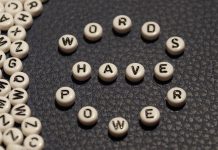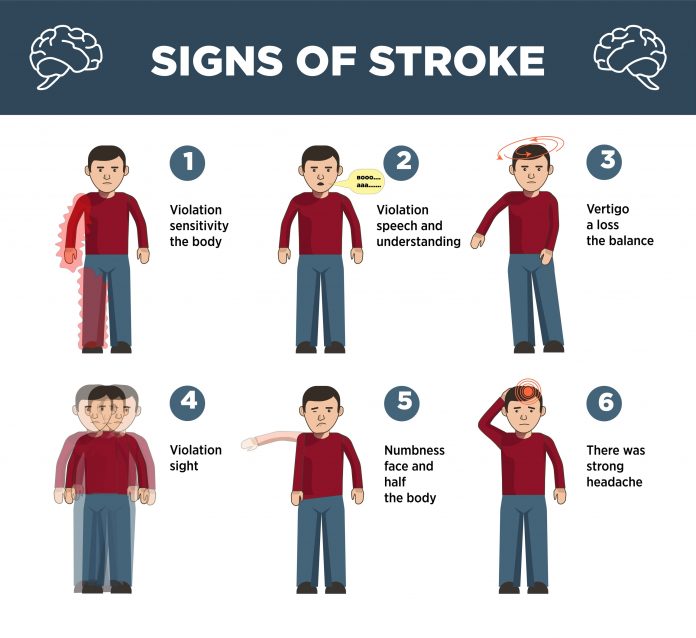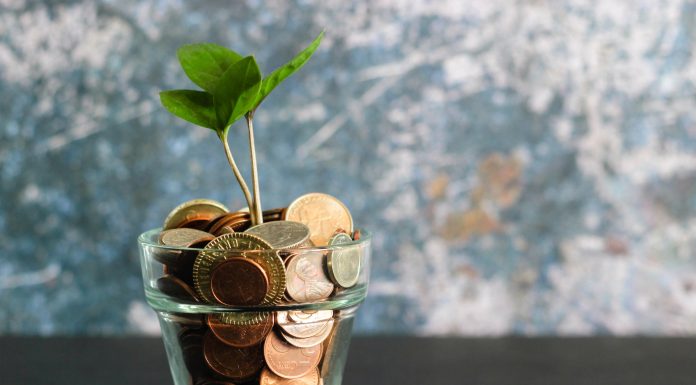Fifteen percent of those who have a stroke die shortly afterward. Ten percent recover almost completely. However, the other 75% will experience minor to severe impairment afterward, some requiring care in a nursing home or care facility.
A stroke can quickly rob you of many of your physical and mental abilities. Depending on the severity of the stroke and which parts of the brain it targets you could have:
- Problems controlling your movements or partial to full paralysis
- Difficulty speaking or understanding
- Emotional problems, including loss of memory and the inability to think the way you once did
- Pain and sensory disturbances
There are many healthcare specialists who can help you or a loved one after a stroke occurs. These include physical therapists, occupational therapists, speech-language pathologists and mental health professionals. is the most common emotional problem after a stroke. Many people feel fear, anxiety and anger at their loss of physical and mental health. They may withdraw, stop eating and have trouble sleeping. Some of this is caused by damage to the brain.
Rehabilitation for survivors of stroke should start as soon as possible. Though it may begin in the hospital, there are ways you can help your loved one recover from a stroke including:
Help With Speech Exercises
Though there are speech pathologists to help those who have had strokes, you can find ways to communicate and help your loved one relearn words or have cues that mean certain things. The worst form of stroke includes global aphasia which causes widespread damage in the area of the brain that affects communication. If this is the case with your loved one, they will need to work with a speech therapist.
Mental and Physical Exercises
New hobbies that work both the mind and the body are beneficial for those who have had strokes. Simple things like walking or yoga are a good start. Later on, learning to knit or paint also helps.
Stroke recovery is not easy and if you are the primary caregiver for your loved one, rely on their healthcare providers and therapists for support. There is much they can teach you. For more information on how to help stroke survivors regain skills, click here.























